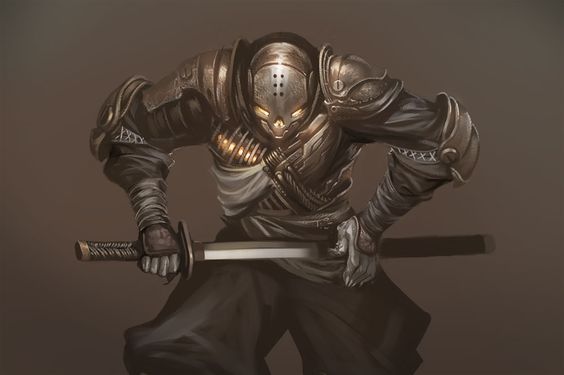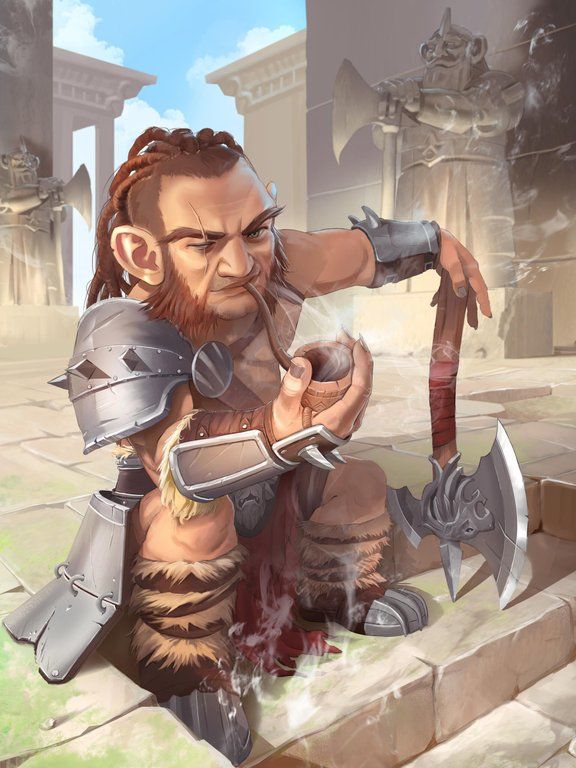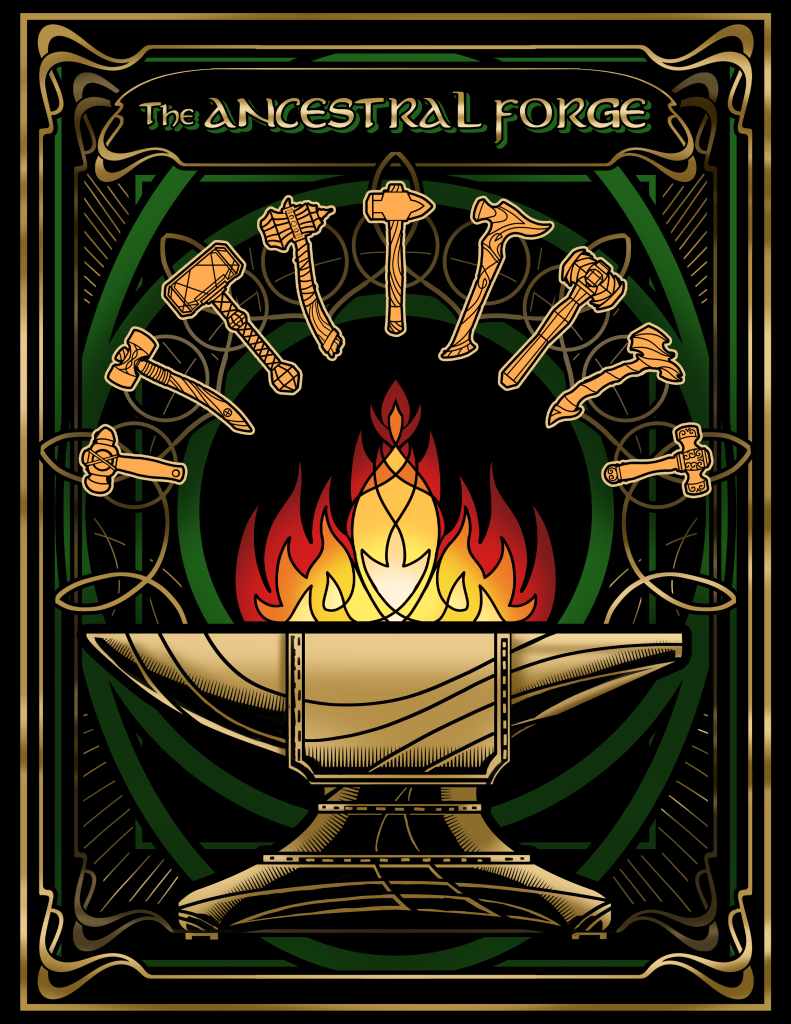D&D 5e: Human Wizard Guide

D&D 5e: Human Wizard Guide
The youngest of the common races, and with a shorter life span, humans seek to cram as much into their fleeting existence while they can. In the case of our human wizard, this something is knowledge – particularly of the arcane. Although humans provide a comparatively average, vanilla bonus of +1 to all attributes, there is a certain allure to playing something we are all a lot more familiar with than the other races most 5e players are humans in real life.
The Human race AND the Wizard class can be found in the Player’s Handbook. Click here to pick up your own copy of The Player’s Handbook!
How to Make a Human Wizard
INT is our most important ability by a country mile. As a frail old man, CON comes a pretty close second to try and beef up a little bit. We’re probably going to do most of our damage at early levels from a distance with darts, slings, or, hopefully, a crossbow, so taking a bit of DEX is important as well. WIS is on pretty neutral territory – we need to have the intelligence to know tomatoes are a fruit, but lacking the wisdom to realize tomatoes don’t belong in a fruit salad wouldn’t bode well for us either. We’re playing a grouchy, unlikable old man, so CHAR being a dump stat makes sense. We rely on brains over brawn, so STR can join CHAR.
Our key defensive spell at an early level is Mage Armor. If you’re feeling extra squishy, Shield can be really handy for a good bit of extra AC as well.
Other than that, we want to make our enemies suffer. So, load up on offensive magic – Burning Hands and Acid Splash for your crowd control and Magic Missile for your single target. If you’ve got room for an extra cantrip, Mind Sliver is a handy psychic damage Verbal spell.
Some utility spells we should look into are Prestidigitation (very useful and versatile), Comprehend Languages, and Detect Magic. Find Familiar can be extremely useful, and Feather Fall can save the party in a pinch outside of combat. Mage Hand and Minor Illusion can come in handy with some creative thought as well.
As a low-level wizard, we want for everything and simply can’t remember all the spells we want to – yet. You’ll have to make some tough calls depending on your party makeup and campaign as to which spells make it to the battlefield.
Because of our fragility, Alert is an important feat to grab. It gives us +5 to Initiative, so we either get to blast our enemy before they blast us, or we get to better position ourselves before things get hectic. Resilient can give us proficiency in CON saves which might save our life – but most of our needs and wants are in the spellbook.

How to Play a Human Wizard
We are playing a frail old man – act accordingly. Rush headfirst into combat, and you sign your death warrant. We want to be safely out of the reach of enemy swords and axes, and we’re not relying on any spells that require attack rolls so our prime directive at early levels is to stay alive while whittling away the health of our enemies with either our spells, darts, bullets or crossbow.
We’ve got a bit of Crowd Control and a bit of single target damage to hurl from a distance, but a low-level wizard’s core usefulness comes far from the battlefield where we act as interpreters and fronts of knowledge about a whole range of things. Eventually, we’ll be dominating the entire battlefield and wreaking havoc.
How to Roleplay as a Human Wizard
It doesn’t make much logical sense for a wizard to be a frail old man and yet just be learning his first cantrips. For this reason, you may choose to roll a much younger man. Or maybe our spell-slinging hero has spent most of his life studying the ways of others; more akin to a scholar or historian than a wizard. Eventually, he realized if he was to achieve in his field, he would need to rely on his ability rather than what he’s read about. The Player’s Guide describes it best; ‘the lure of knowledge and power calls even the most unadventurous wizards out of the safety of their libraries and laboratories into crumbling ruins and lost cities’… eventually.
It would only make sense to take the sage or acolyte background, as they are thematically and practically the best for our build.
https://gamerant.com/dungeons-dragons-5e-best-wizard-builds/
https://www.dndbeyond.com/classes/wizard
D&D 5E Spellcasting Explained in 5 Minutes








